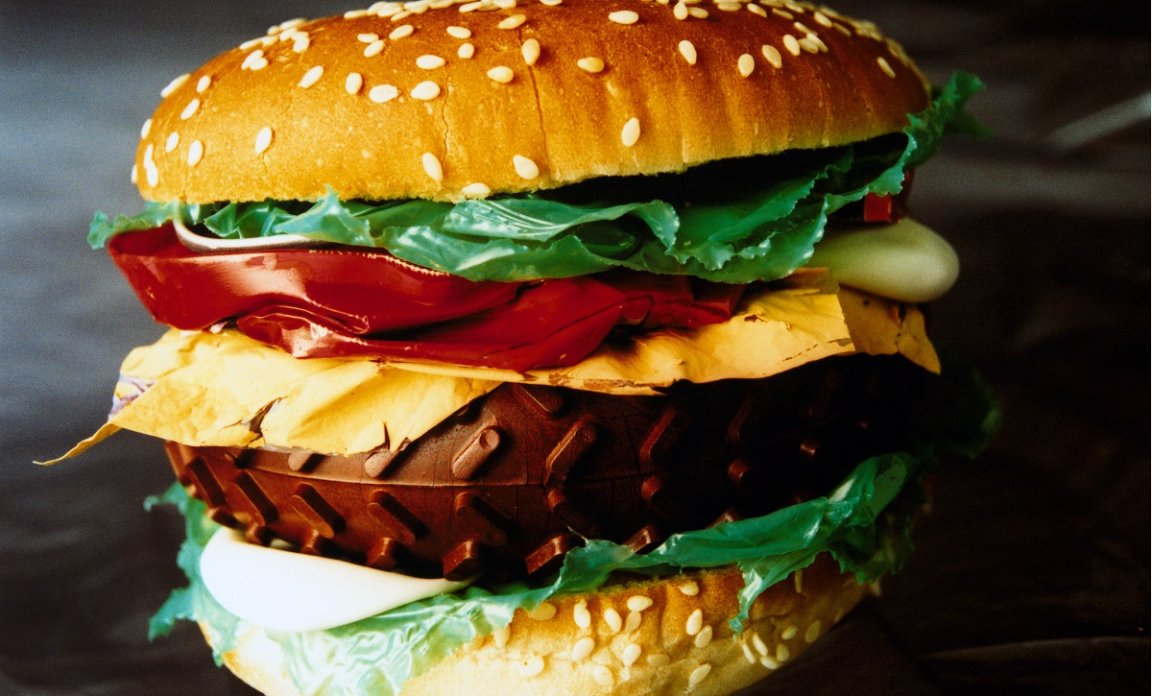
Plasticburger
Researchers at a startup called Beehex are working on a way to transform plastic waste into edible biomass — all with the help of a lab-engineered, plastic-eating bacteria.
“What you see over here is a shipping container… we have completely changed that,” founder Anjan Contractor said while presenting the device for the first time back in January at this year’s Consumer Electronics Show (CES), according to Interesting Engineering.
“On one side, plastic waste is collected, which will be shredded. It will eventually move into the bioreactor, which contains very specific engineered bacteria,” he continued. “So if you want to create steak out of plastic, the entire mechanism on one side of this container will be able to produce steak out of plastic.”
So, uh, easy-peasy, we guess?
Interstellar Farming
The concept might seem pretty out there, but there are actually a lot of applications for a device like this — one idea being that one day, astronauts on long-term deep space missions could be able to 3D-print nutritious meals out of non-perishable plastic.
And as Contractor recently explained to Axios, the folks at Beehex also believe that their invention might even be integrated into future deep-space food-growing practices.
“If [astronauts] are growing beets, the entire plant cannot be consumable. You have the roots which are consumable, but it’s the other parts, leaves and stems and some of the roots, they will be thrown away,” Contractor told Axios. “This thrown-away part is something that we collect.”
Next, those throw-away parts of food harvests would be dehydrated and milled into a grinder. That ground biomass would then be put into sealed storage, ultimately becoming “feedstock,” as Contractor put it, for 3D-printed, zero-gravity meals.
With their 3D printer, astronauts could ideally produce “a wide range of foods, including alternative meat cuts, vegetables, fruits, breads, chips, desserts,” Contractor explained. Honestly? Doesn’t sound too shabby at all.
A few disclaimers: as Vice noted last year, it’s unclear whether the plastic-made food will ultimately be deemed safe to eat (although the bacteria itself, as the researchers told Vice, is unrelated to any microbe that makes humans sick.) The project is also still early in development.
That said, the system is still extremely intriguing, especially considering that Beehex can count DARPA as a major project funder. Who knows, maybe one day astronauts will be chomping down on 3D-printed plastic waste burgers — with a side of Bill Gates’ shitwater, perhaps?